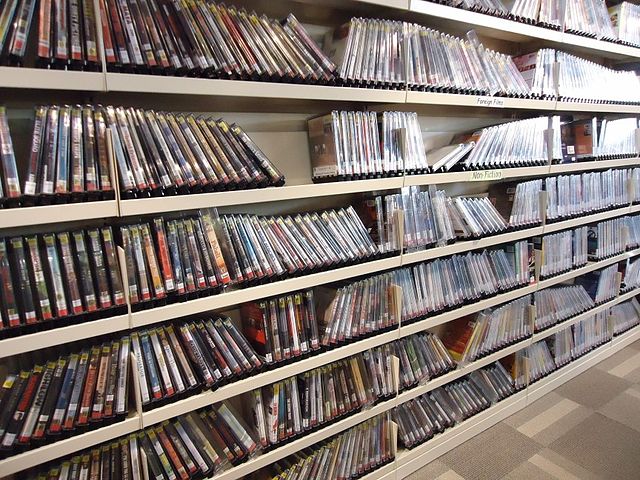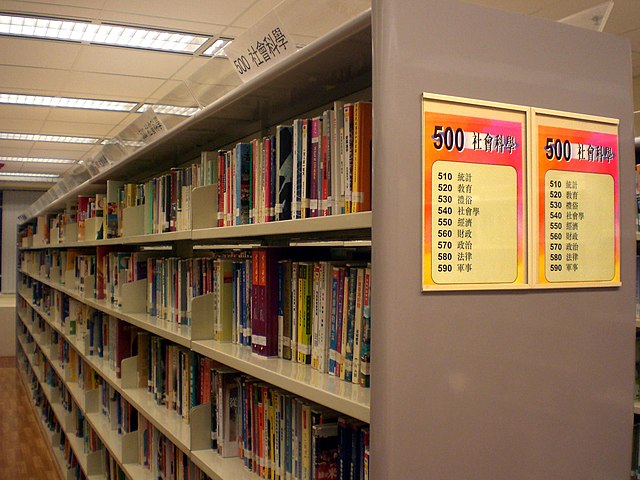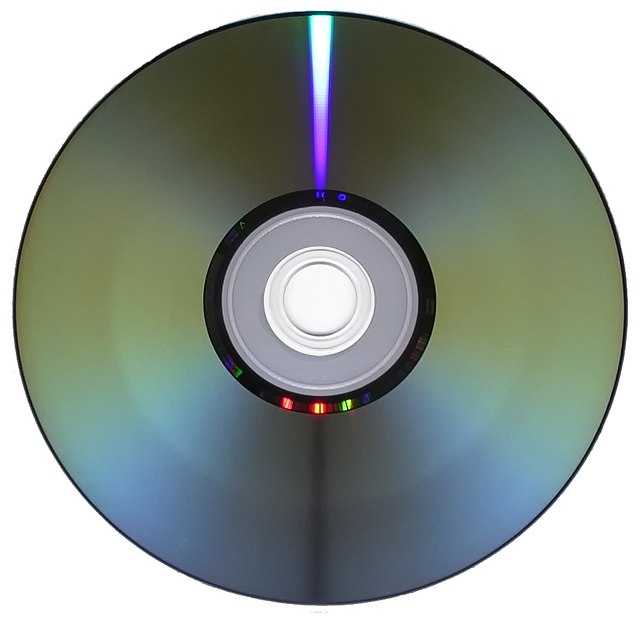A library is a collection of books, and possibly other materials and media, that is accessible for use by its members and members of allied institutions. Libraries provide physical or digital materials, and may be a physical location, a virtual space, or both.
A library's collection normally includes printed materials which may be borrowed, and usually also includes a reference section of publications which may only be utilized inside the premises. Resources such as commercial releases of films, television programmes, other video recordings, radio, music and audio recordings may be available in many formats. These include DVDs, Blu-rays, CDs, cassettes, or other applicable formats such as microform. They may also provide access to information, music or other content held on bibliographic databases.
Library of Congress, one of the largest research libraries in the world
The Sistine Hall of the Vatican Library
Common video selection at library
Library shelves in Hong Kong, showing numbers of the classification scheme to help readers locate works in that section
The DVD is a digital optical disc data storage format. It was invented and developed in 1995 and first released on November 1, 1996, in Japan. The medium can store any kind of digital data and has been widely used to store video programs, software and other computer files. DVDs offer significantly higher storage capacity than compact discs (CD) while having the same dimensions. A standard single-layer DVD can store up to 4.7 GB of data, a dual-layer DVD up to 8.5 GB. Variants can store up to a maximum of 17.08 GB.
The data side of a DVD manufactured by Sony DADC
Kees Schouhamer Immink received a personal technical Emmy award for his contributions to DVD and Blu-ray disc.
PlayStation 2, the first video game console to run DVDs
A DVD-ROM drive for a PC








